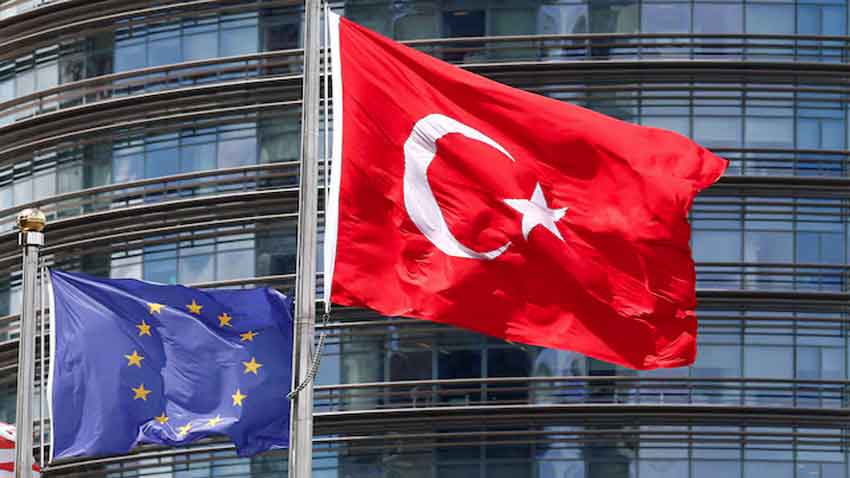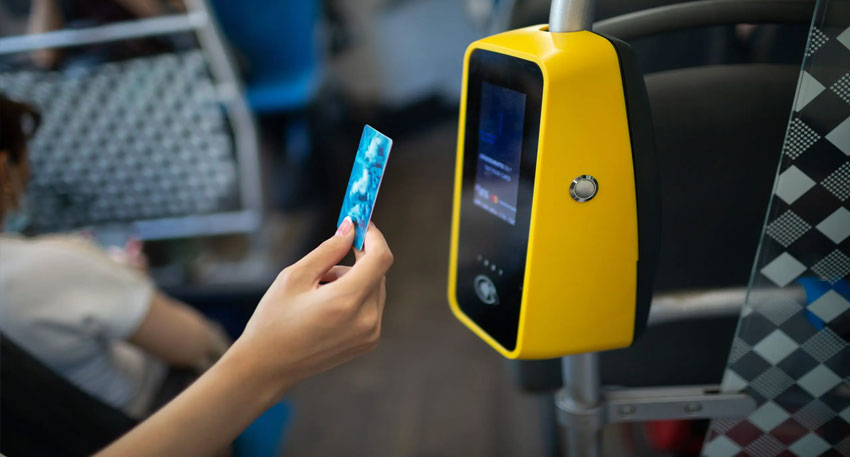
In a game-changing move for students across Punjab, South Korea’s leading universities have launched a fully funded foreign scholarship programme focused on two-year skill-based diplomas. The scholarships cover all tuition fees, living costs, accommodation, and travel, potentially valuing up to Rs2,000,000 per student. This collaboration was finalized under a recent agreement between the Punjab government and top-ranked Korean institutions.
Rs299,382 Per Year in Student Support
The scholarship aims to deliver job-ready technical education, with programs specifically designed for international industrial demand. Fields include welding, electrical work, automotive engineering, software development, food technology, beauty, and social services. On average, students will receive benefits amounting to approximately Rs299,382 per year, covering not only education but also living allowances in South Korea.
Rs1,000,000+ for Women’s Empowerment
A major highlight of the programme is its special quota for female students. As part of the first phase, 20 female students from Lahore College for Women University and Home Economics University will be selected for full sponsorship. Their total benefits—tuition, housing, and other living expenses—are estimated to exceed Rs1,000,000 per student. This is a transformative opportunity for women who dream of an international education but lack financial resources.
Read more: Free education for children of industrial, mine workers
Rs500,000 in Global Career Potential
Punjab Education Minister Rana Sikandar Hayat praised the initiative as a vital link between local students and global educational systems. With these diplomas, students could see a career boost worth over Rs500,000 annually, whether they choose to work in Pakistan or internationally. These Korea-based technical qualifications are recognized worldwide and are closely aligned with modern industry standards.
Rs1,200,000 in Future Expansion and Opportunity
The program is set to launch soon, and officials suggest it will expand further, potentially benefiting hundreds more students in coming years. The government estimates a future investment of Rs1,200,000 or more per batch, with plans to broaden the field of study and include more institutions across Pakistan. This marks a strong step toward a digitally and technically skilled generation.
This initiative is more than just a scholarship—it’s a pathway to global opportunity. By targeting technical fields in high demand, it not only equips students with practical, exportable skills but also strengthens Pakistan’s position in the international workforce. Moreover, its focus on female inclusion is a critical leap toward gender-balanced development. As more such partnerships emerge, Pakistan’s youth could soon become key players in global industries, driven by education, technology, and innovation.




